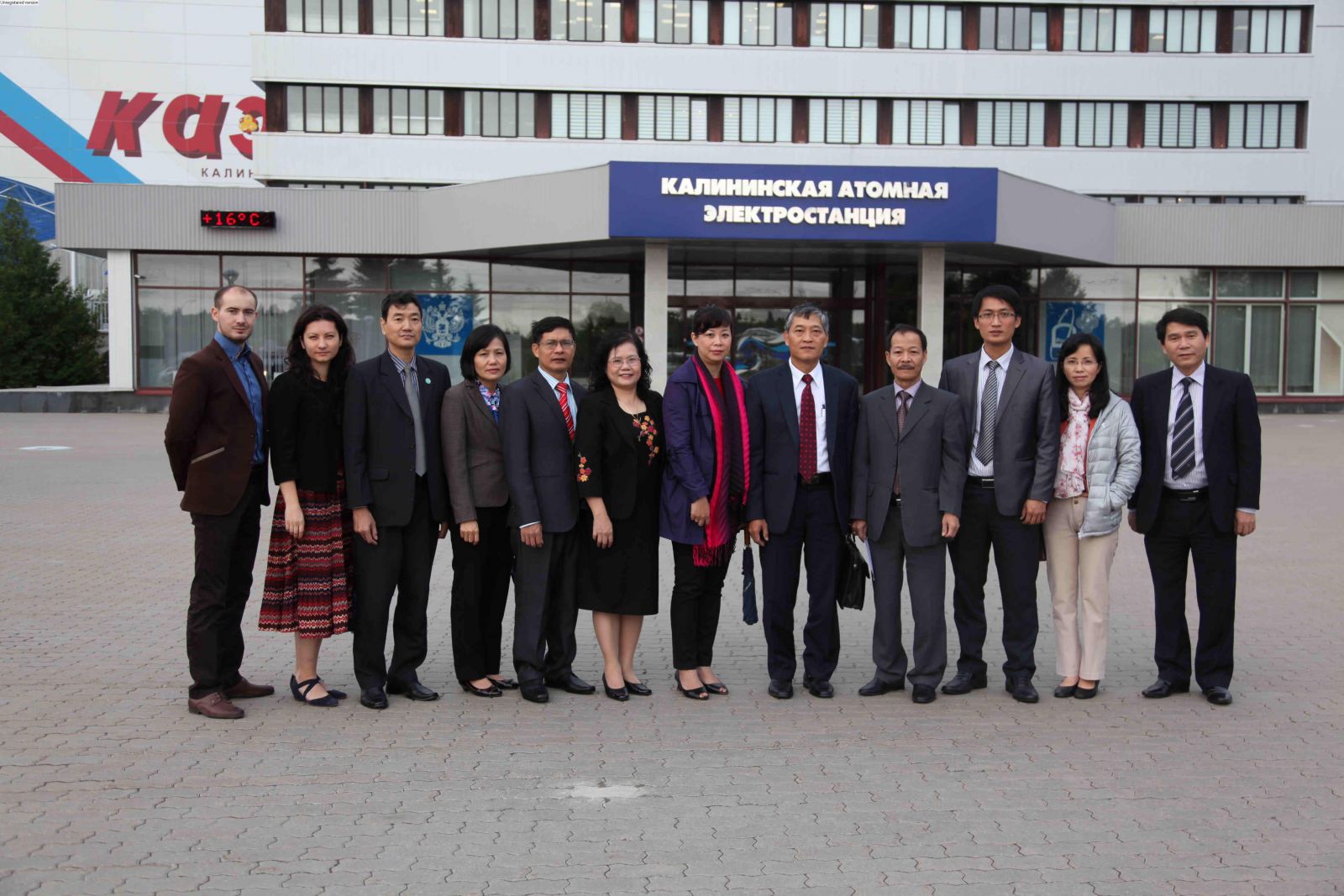
Bangladesh has signed its new United Nations Development Assistance Framework (UNDAF) for the period 2017–2020 on 3 November 2016. Economic Relations Division Senior Secretary Mohammad Mejbahuddin and UN Resident Coordinator and UNDP Representative Robert D. Watkins co-signed the framework document. 13 UN agencies that are resident in Bangladesh and 10 non-resident UN agencies, including the IAEA, have subscribed to the framework. Ms Najat Mokhtar, Director of the Division for Asia and the Pacific Division in the IAEA’s Department of Technical Cooperation, signed on behalf of the IAEA.
Bangladesh’s new UNDAF builds on both the experience of previous UN programmes in the country and responds to the national development priorities contained in the 7th Five Year Plan of the Government of Bangladesh, and the Sustainable Development Goals (SDGs). The three priority outcome areas of the new framework are: (1) People – All people have equal rights, access and opportunities; (2) Planet – Sustainable and resilient environment; and (3) Prosperity – Inclusive and shared economic growth. Emphasis will be placed on addressing the inequalities and needs of Bangladesh’s most vulnerable people, predominantly through joint programming (across UN agencies, and between the UN and civil society). The UN’s collective responses encompass capacity strengthening and technical assistance for programmes.
The IAEA will provide technical cooperation to Bangladesh with emphasis on priority areas such as health, water and sanitation; food security and nutrition; environment; disaster management; and social protection and employment, thus contributing to the achievement of Sustainable Development Goals 2, 3, 6, 7, 9, 13, 14, 15 and 17.
In recent years, the IAEA has worked closely with the Bangladesh Atomic Energy Commission (BAEC), the Bangladesh Atomic Energy Regulatory Authority (BAERA), the Bangladesh Institute of Nuclear Agriculture (BINA), the Bangabandhu Sheikh Mujib Medical University (BSMMU) to help address the country’s strategic priorities, Social Services for Human Development and Food Security and Nutrition. The IAEA has provided technical cooperation activities to strengthen national capacities and capabilities for enhancing agricultural and livestock productivity, improving the quality and quantity of drinking and irrigation water, and supporting cancer management through improved radiotherapy and nuclear medicine services. The IAEA was also a signatory to Bangladesh’s 2012–2016 UNDAF.
View the UNDAF for Bangladesh here:
http://www.un-bd.org/Docs/Publication/Bangladesh%20UNDAF%202017-2020.pdf.
BACKGROUND
UNDAF
The UNDAF is a strategic medium term programme framework that represents the integrated support of the UN system to national development priorities. The framework is developed and signed between the Government and the United Nations system, coordinated by the office of the UN Resident Coordinator. Specialised and non-resident agencies are, to the fullest extent possible, involved in country analysis and the UNDAF development process. The framework is intended to maximise the efficiency and effectiveness of UN support and take advantage of programming synergies in order to better support national development priorities. Following the adoption of Agenda 2030 for Sustainable Development in September 2015, UNDAFs are now being designed to support the implementation of the SDGs working with national partners to help support the nationalization of SDGs to ensure they are relevant to national and local contexts and priorities.
IAEA’s participation in UNDAF processes
As of 7 December 2016, the IAEA has signed 45 UNDAFs, of which nine were signed in 2016. The IAEA participates in the development of UNDAFs to help countries achieve national development priorities and targeted SDGs, as well as a greater impact of UN activities through the peaceful applications of nuclear science and technology.




